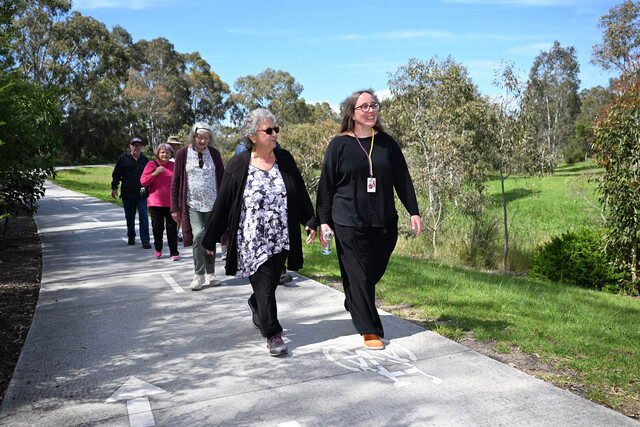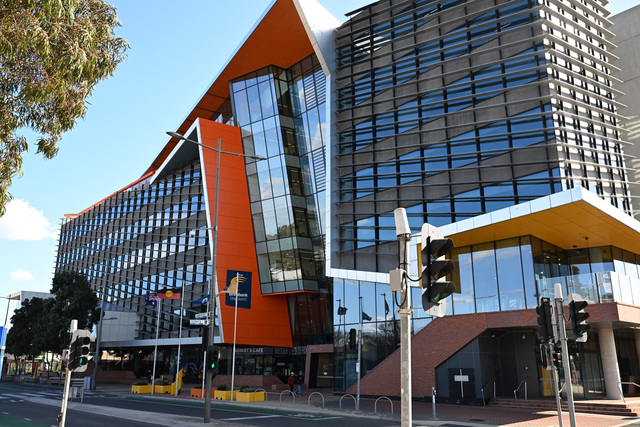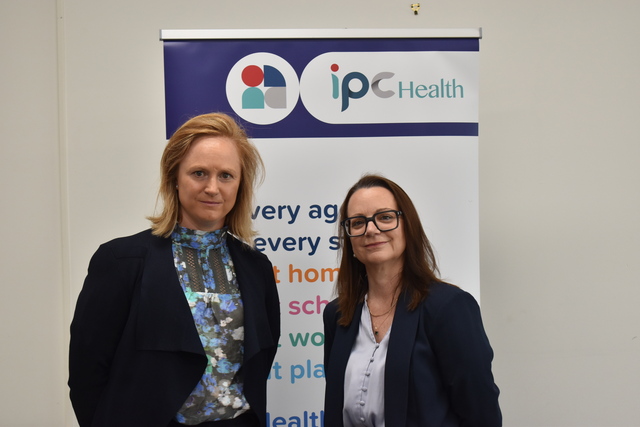Victoria’s most-polluted suburb is on track to having a record number of days with dust levels as high as during the Black Saturday bushfires.
Brooklyn had 13 days across January and February when air quality was below the accepted norm.
The national standard is no more than five days a year when dust is above the accepted threshold.
A May meeting of the Brooklyn Community Reference Group heard there had been 26 days of unacceptable dust levels since last July.
The Environment Protection Authority has been conducting “social research” which found residents disagreed on whether action taken to address dust levels had had any effect.
Residents felt that issuing pollution abatement notices (PANs) to ‘dirty’ businesses did not help, according to the research.
Williamstown Labor MP Wade Noonan said that six new PANs had been issued in the last quarter.
Three more businesses were likely to face consequences, including financial penalties.
“The latest EPA air quality results reveal that no real progress has been made in reducing dust in the Brooklyn area over the past 12 months,” Mr Noonan said. “The situation seems to be getting worse. I think [the EPA is] on track this year to record one of its highest dust years since they’ve been recording – since 2009.”
Social research feedback, collected through a random sample within Brooklyn, found:
• Respondents disagreed the EPA’s action plan to address dust had helped improve the local environment.
• People agreed that directing funds from prosecuted companies to local environmental projects had helped improve the local environment.
• 60 per cent of Brooklyn residents living less than 500 metres from a known pollution source did not feel the odour in their area had improved in the past year.
• And half the respondents felt EPA activities had helped improve the local environment.
EPA metro manager Richard Marks said there were 34 active pollution abatement notices in the area, many of which required large-scale remedial works.
Twenty-three notices had been served since July 1, 2013.
“Many of our notices require big investment in long-term measures that will be most effective but will take time,” Mr Marks said.
“Dry and windy weather is often associated with poor air quality in Brooklyn.
“On such days, the EPA calls on industry to take additional measures to stop dust being raised from their sites, and local councils and road authorities are also notified so that they can arrange for road cleaning.”







